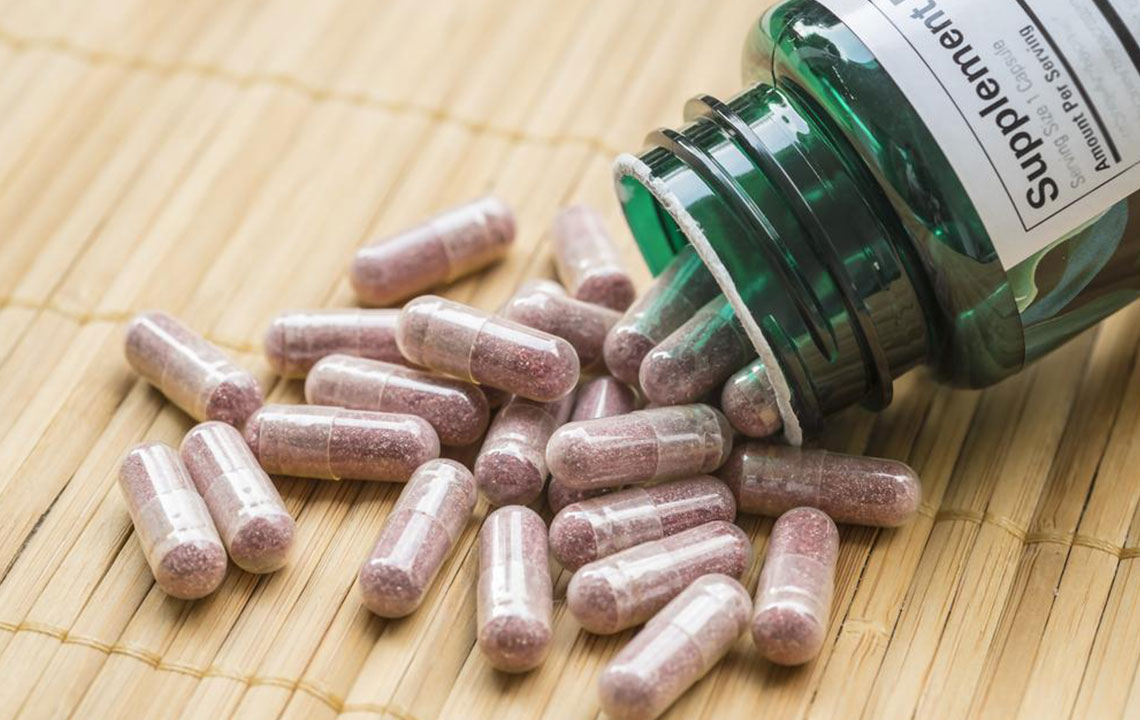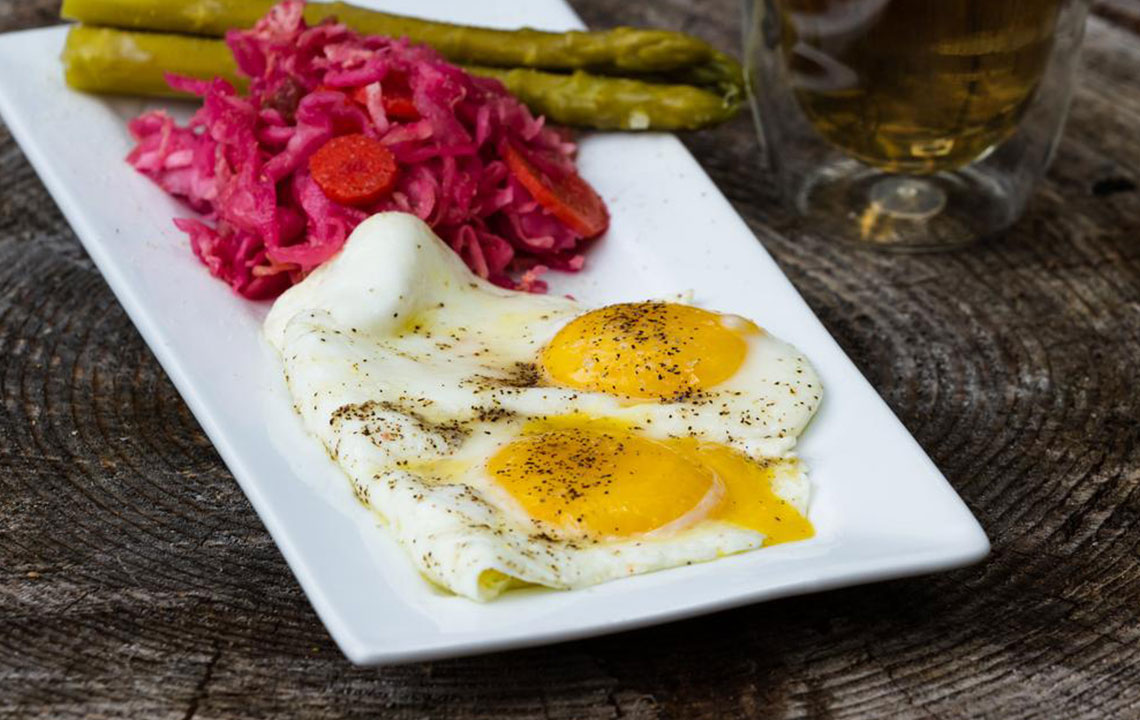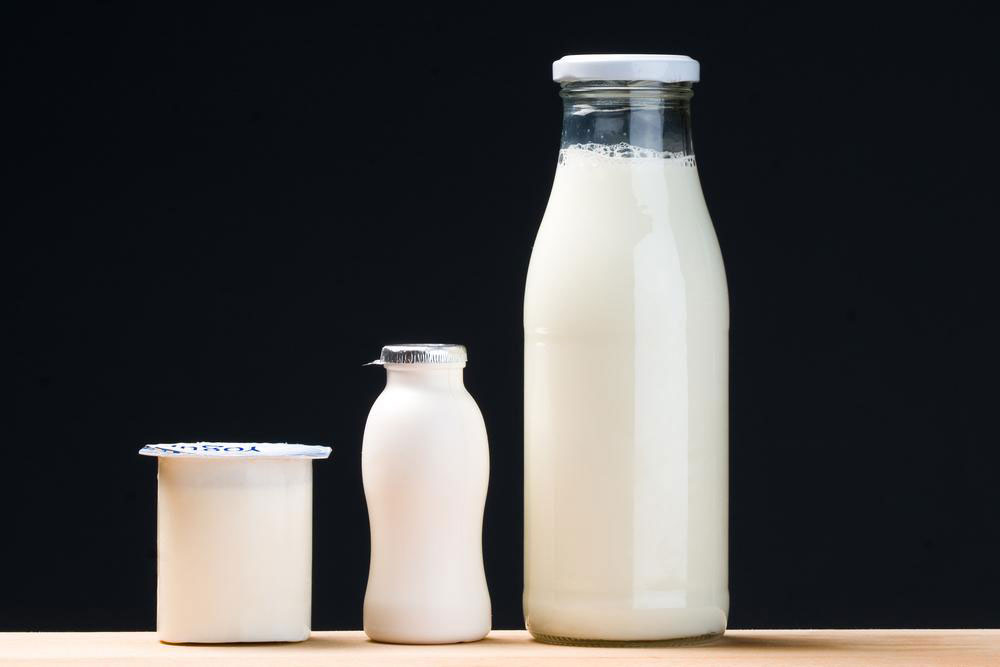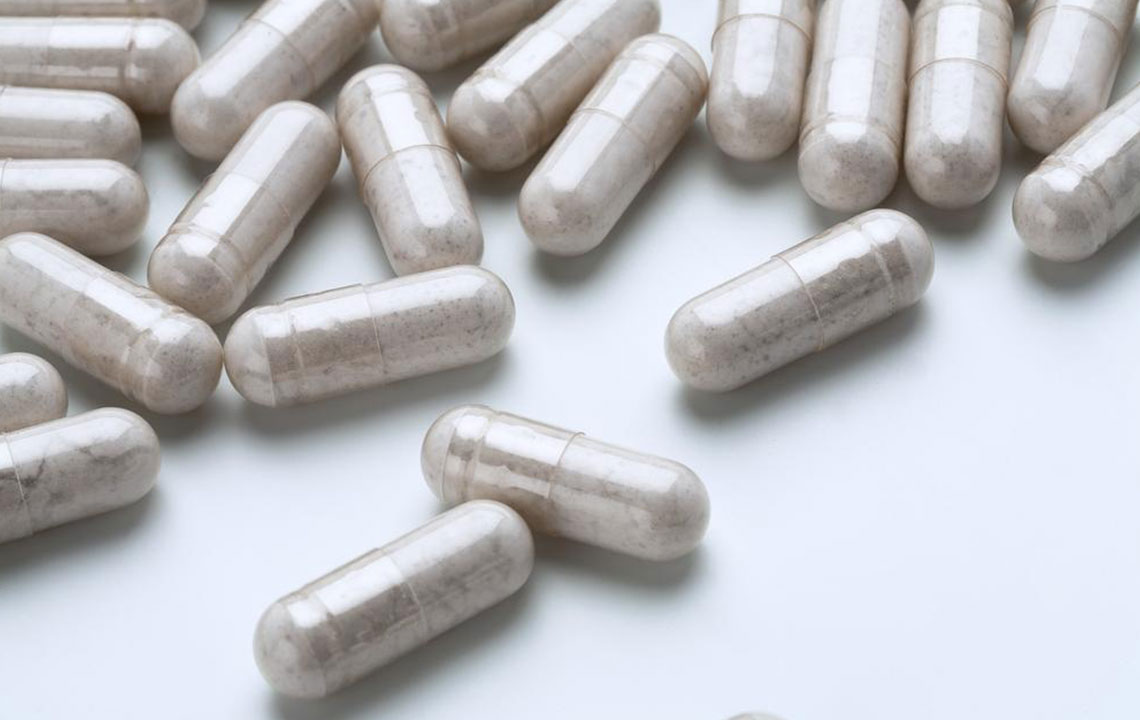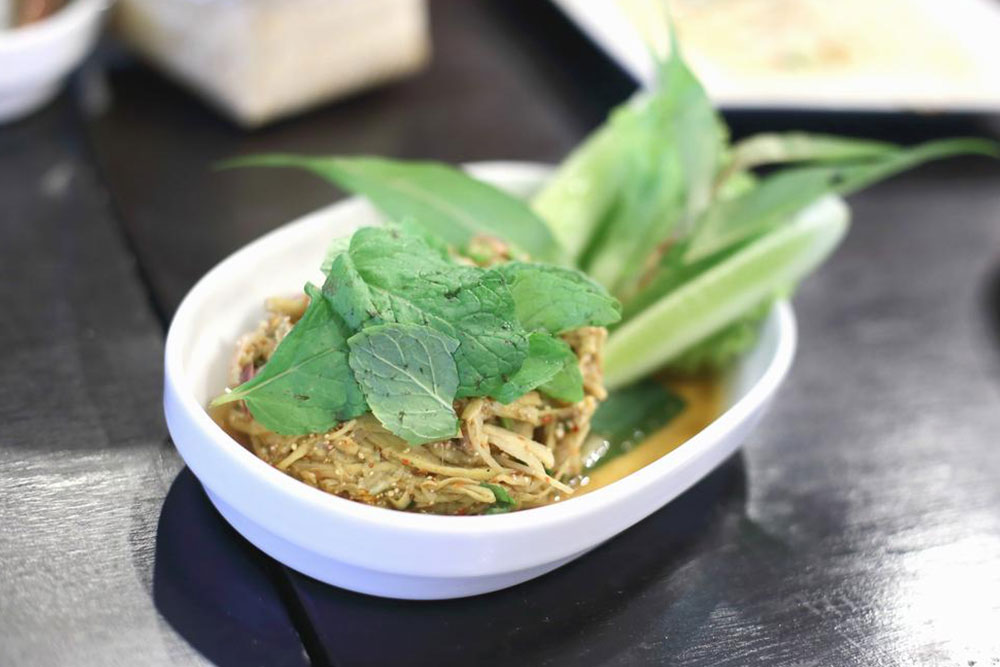Comprehensive Guide to the Top 10 Probiotic-Rich Foods for Enhanced Well-being
Explore the top 10 probiotic-rich foods that boost gut health, enhance immunity, and support overall wellness. From yogurt to natto, discover nutritious options to incorporate into your daily diet for optimal health benefits.

Comprehensive Guide to the Top 10 Probiotic-Rich Foods for Enhanced Well-being
Probiotics, often referred to as beneficial bacteria, play a vital role in maintaining overall health and wellness. These microorganisms are essential for supporting a variety of bodily functions, including digestive health, immune system strength, brain function, and heart health. Recent scientific studies have increasingly emphasized the importance of incorporating probiotic-rich foods into daily diets to reap their numerous health benefits. Consuming a variety of these foods can lead to improved gut flora balance, better nutrient absorption, and enhanced vitality. However, as with any dietary change, consulting with healthcare professionals is recommended, especially for individuals with specific health conditions or sensitivities.
In this extensive guide, we explore ten of the most nutritious and widely available probiotic foods you can include in your meals to promote a healthier lifestyle. From dairy products to fermented vegetables, each food item offers unique benefits and flavors that can enrich your diet while supporting your microbiome.
1. Yogurt: A Classic Probiotic Powerhouse
Yogurt remains one of the most popular probiotic sources worldwide. It is produced through the fermentation of milk by beneficial bacteria such as Lactobacillus acidophilus and Bifidobacteria. Incorporating yogurt into your daily diet can significantly support gastrointestinal health, particularly in managing irritable bowel syndrome (IBS) symptoms, preventing antibiotic-associated diarrhea in children, and potentially lowering blood pressure levels. For those with lactose intolerance, many yogurt varieties are specially formulated to be lactose-free or easier to digest, making them suitable for a broader audience. Besides its probiotic benefits, yogurt also provides calcium, vitamin D, and protein which are essential for bone health and muscle function.
2. Sauerkraut: Fermented Cabbage Rich in Probiotics and Nutrients
Sauerkraut, a traditional fermented cabbage dish, is a natural probiotic food created through the process of lactic acid bacteria fermentation. This tangy food is not only rich in probiotics but also provides a wealth of nutrients including vitamins K, B, C, fiber, manganese, iron, and sodium. The antioxidants zeaxanthin and lutein found in sauerkraut are particularly beneficial for eye health, potentially reducing the risk of age-related macular degeneration. Including sauerkraut in your diet can enhance digestive health, support immune function, and contribute to overall nutritional intake. Its versatility makes it suitable for adding a tangy flavor to salads, sandwiches, and side dishes.
3. Kefir: A Creamy Probiotic Beverage
Kefir is a fermented dairy drink that combines kefir grains with milk, commonly goat’s milk or cow’s milk. This probiotic-rich beverage is abundant in beneficial bacteria such as Bifidobacteria and Lactobacillus species. Regular consumption of kefir can promote stronger bones due to its high calcium and vitamin K2 content, boost immune defenses, and improve digestive health by restoring gut flora balance. What makes kefir especially appealing is its suitability for those with lactose intolerance, as the fermentation process reduces lactose content significantly. Its tangy flavor and versatility make it suitable for smoothies, dressings, or simply enjoyed on its own.
4. Kimchi: Spicy Fermented Korean Vegetables
Kimchi is a traditional Korean fermented vegetable dish made from cabbage, scallions, garlic, ginger, red chili flakes, and salt. Rich in probiotics, vitamins B and C, calcium, potassium, and dietary fiber, kimchi not only offers a spicy flavor punch but also serves as a powerful health booster. Its probiotic content supports gut health, enhances digestion, and strengthens the immune system. The addition of chili and ginger can provide anti-inflammatory benefits. Incorporating kimchi into meals can add depth of flavor while promoting a healthy microbiome and overall vitality.
5. Miso: Fermented Soybean Paste for Nutritional Gains
Miso is a flavorful, nutrient-dense fermented soybean paste originating from Japan. It contains beneficial probiotics that may help reduce the risks of stroke and certain cancers. Rich in fibers, proteins, minerals such as copper and manganese, and vitamins including K, miso enhances gut health and supports cardiovascular health. It is commonly used in soups, dressings, and marinades, making it an easy addition to various dishes. The fermentation process increases bioavailability of nutrients, ensuring you get maximum health benefits from this traditional food.
6. Tempeh: Fermented Soy for Versatile Cooking
Tempeh is a fermented soybean product that is often used as a meat alternative. Its dense, savory flavor and firm texture make it suitable for baking, sautéing, or adding to salads and stir-fries. Rich in probiotics and vitamin B12, tempeh supports digestive health, boosts energy levels, and aids in maintaining a healthy gut microbiome. Its high protein and fiber content make it an excellent addition for those on plant-based diets or seeking low-sodium options. The fermentation process enhances nutrient absorption, making tempeh both a nutritious and versatile ingredient.
7. Pickles: Fermented Cucumbers for Digestive Health
Traditional fermented pickles, crafted through natural lactic acid fermentation, are excellent sources of probiotics that support healthy digestion and bolster immune function. They are also rich in vitamin K, which is vital for blood clotting and bone health. It’s important to distinguish between fermented pickles and vinegar-based varieties; only the fermented types contain live beneficial bacteria. These pickles are low-calorie snack options and can be incorporated into salads, sandwiches, or enjoyed as a tangy side dish. The probiotics in fermented pickles enhance gut flora diversity and promote overall gastrointestinal wellness.
8. Dark Chocolate: A Delicious Source of Probiotics
Surprisingly, dark chocolate can be a source of probiotics if it undergoes fermentation processes that allow beneficial bacteria to survive. Moderate consumption of dark chocolate can promote gut health, support immune function, and improve mood due to its high antioxidant content. Look for high-quality dark chocolates with minimal added sugars for optimal health benefits. Including dark chocolate as an occasional treat can add a flavorful and health-supportive element to your diet without guilt.
9. Kombucha Tea: Fermented Drink for Gut Health
Kombucha is a naturally fermented tea made from green or black tea bacteria and yeasts. It is rich in gut-friendly probiotics, antioxidants, and acids that support digestion and boost energy levels. Regular consumption of kombucha can aid in weight management, improve digestion, and enhance overall vitality. However, individuals with candida overgrowth or sensitive stomachs should approach cautiously, as the fermentation process produces trace amounts of alcohol and caffeine. Enjoy it chilled as a refreshing beverage or incorporate it into smoothies for added probiotic benefits.
10. Natto: Unique Fermented Rice with Health Rewards
Natto, a traditional Japanese dish, is made from fermented soybeans with the Bacillus subtilis bacteria. Known for its slimy texture and pungent aroma, natto is a potent source of protein and vitamin K2. Its benefits extend to supporting cardiovascular health by preventing calcification of arteries and strengthening bones, thereby helping to prevent osteoporosis. Natto can be incorporated into breakfast dishes, rice bowls, or eaten on its own. Its distinctive flavor and health benefits make it a superfood for those looking to enhance their nutritional intake through fermented foods.
Beyond these ten foods, certain cheeses like mozzarella, Gouda, cottage cheese, and cheddar naturally contain live active cultures that deliver probiotic benefits. Traditional buttermilk also falls into this category. For those seeking additional support, probiotic supplements are available to further improve digestive health, boost immune function, and maintain a balanced gut microbiome. Combining these foods with a balanced diet, regular exercise, and proper hydration can lead to sustained health improvements and a better quality of life.
